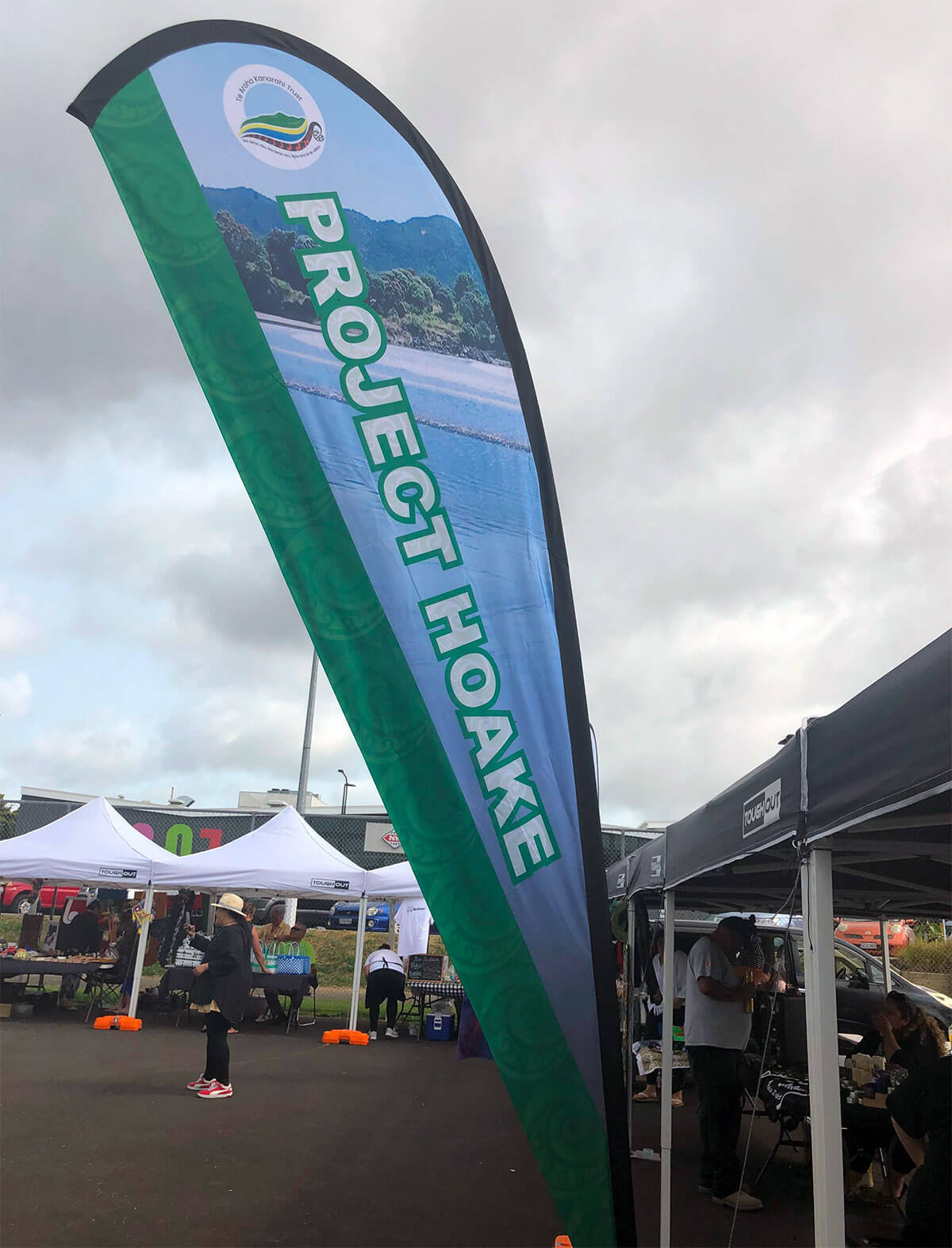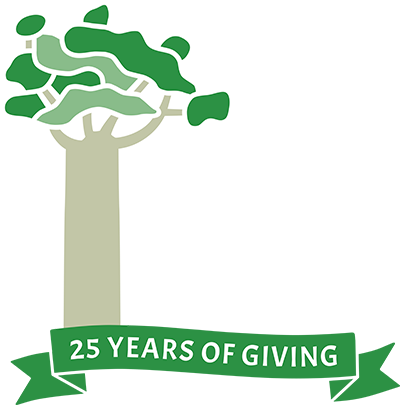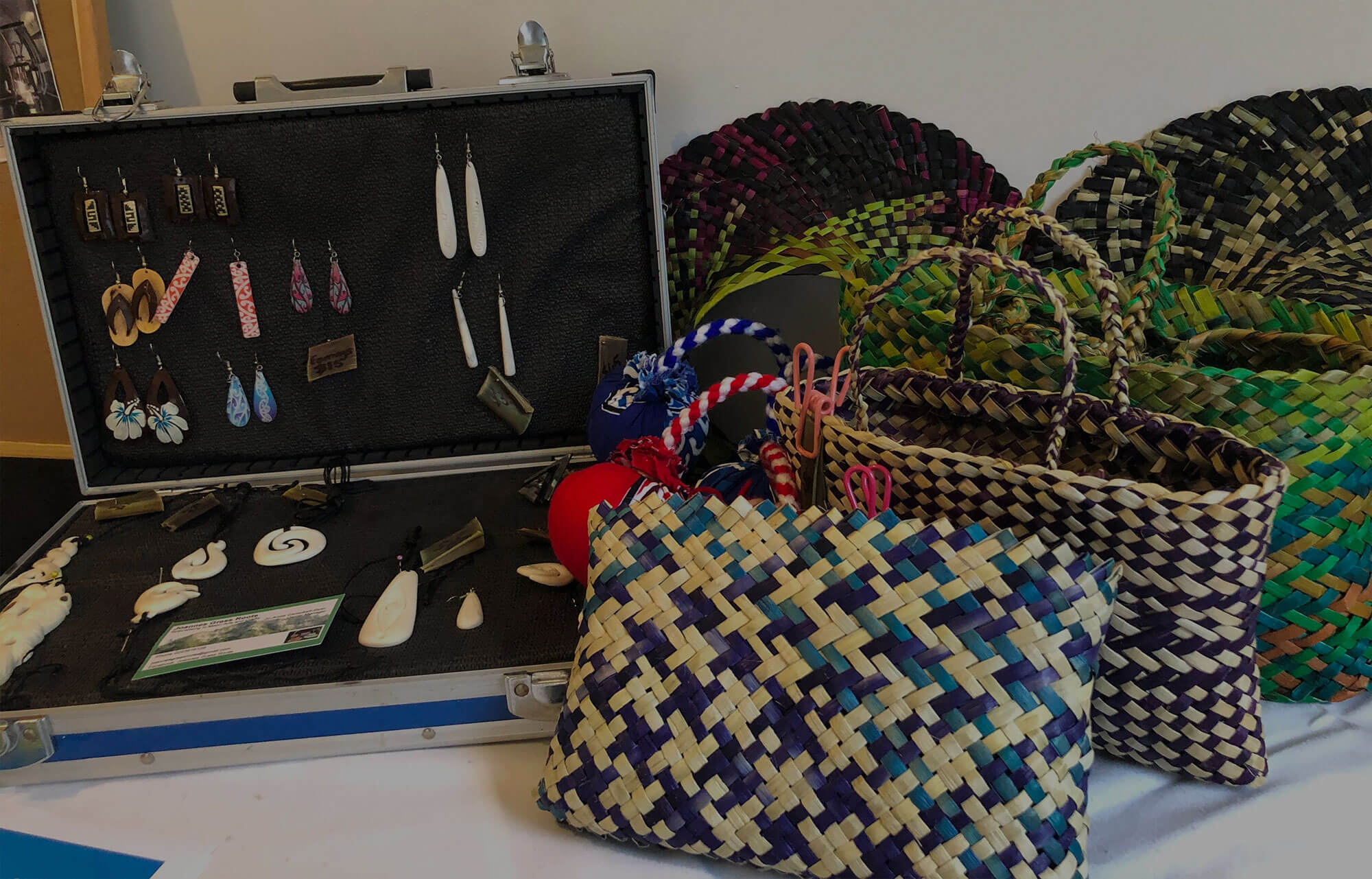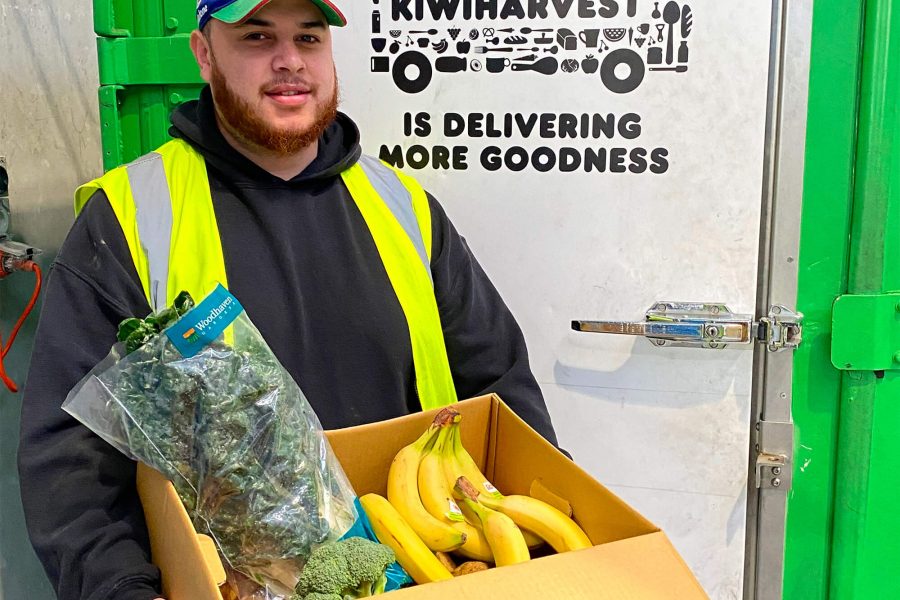Three years ago a small group of funders and communities from Te Whānau-a-Apanui and Ngāti Porou came together to look at how they could support Māori to thrive in the Matakaoa/East Cape region. Out of that visit Project Hoake was born in Wharekahika/Hicks Bay, with Te Aroha Kanarahi Trust setting the goal of providing culturally appropriate support and mentoring for local whānau-led businesses. The project’s intent is to build whānau-led enterprise capacity with the ultimate objective of increased employment that supports a prosperous, vibrant and exciting future for tamariki/children.
How does it work?
In 2018 two haerenga/journeys were arranged involving Trustees and staff from several philanthropic foundations. They included visits to communities, initiatives and marae on both sides of East Cape guided by Marcus Akuhata-Brown and Haimona Waititi from Te Whānau-a-Apanui and Ngāti Porou. From those haerenga emerged a new way of thinking about relationships between communities and funders.
The journeys demonstrated how important understanding and respecting each other’s roles would be in working together for the greater good. Māori communities and five funders (TTF, Todd Foundation, Trust Tairāwhiti, J R McKenzie Trust and Te Muka Rau) needed to be open to new ways of working together and sharing resources beyond traditional funding methods. They agreed on a ‘relationship before resources’ approach and adopted Te Pōwhiri as a model of engagement and inspiration that requires deep listening and weaving of thinking. Equality, the sharing of power and unity needed to underpin their work together. Whānau, hapū, iwi, marae and funders confirmed their roles with one another, and agreed on shared tikanga/values and practices to help achieve momentum.
With common values aligned, the groups entered into a written ‘relationship agreement’, which outlined the kaupapa/purpose, those involved, their commitments and funding intentions. Te Aroha Kanarahi Trust then provided a two-page proposal to the funders in 2019 requesting support to employ a part-time kaitakawaenga/community advisor) and other support for whānau-led enterprise.
What has been achieved?
Only a year and half into Project Hoake promising results can be seen despite the COVID-19 pandemic interruption. Already, ten new Māori-led businesses have started up. Those businesses were thriving prior to COVID-19 interruption and are still providing goods and services to their communities, including meal deliveries to homes and schools, food and coffee carts, whakairo/carving, video editing, apparel production and silver-smithing, among other initiatives in the area.
Although many of those businesses began pre-COVID and were unable to operate during lockdown, the energy has been harnessed and the challenge remains for the community to rebuild this momentum post COVID-19.
Matakaoa business highlights include:
Nelson of Toa-Orama, a carver selling pāua-shell buttons to a Canadian First Nations tribe to replace the abalone traditionally used in British Columbia but no longer available due to overfishing.
Joanne of Joanne’s Grassroots Māori Arts & Crafts wanted to sell her weaving, but was unsure how to write a business plan. “One session with Arlou Brooking and it was done and dusted. Now I’m getting commissions and planning weaving wānanga/learning.”
Varnya of Mauri to Mauri is making soap using local rongoa/medicinal plants. She has learnt book-keeping and website building, and is selling online and through a shop on Auckland’s Karangahape Road.
Cristall of Coffee That has a coffee caravan selling coffee in Te Araroa, in Ruatōria and at events. She has a partnership with a friend who roasts premium beans and is planning to train rangatahi/youth to be baristas.
Arlou Brooking returned home from Australia after managing various businesses there. She explained that her role is to “help whānau to dream the big dream and then to get off their butt and do it — because if we don’t control our own destiny, others will always tell us what to do.”
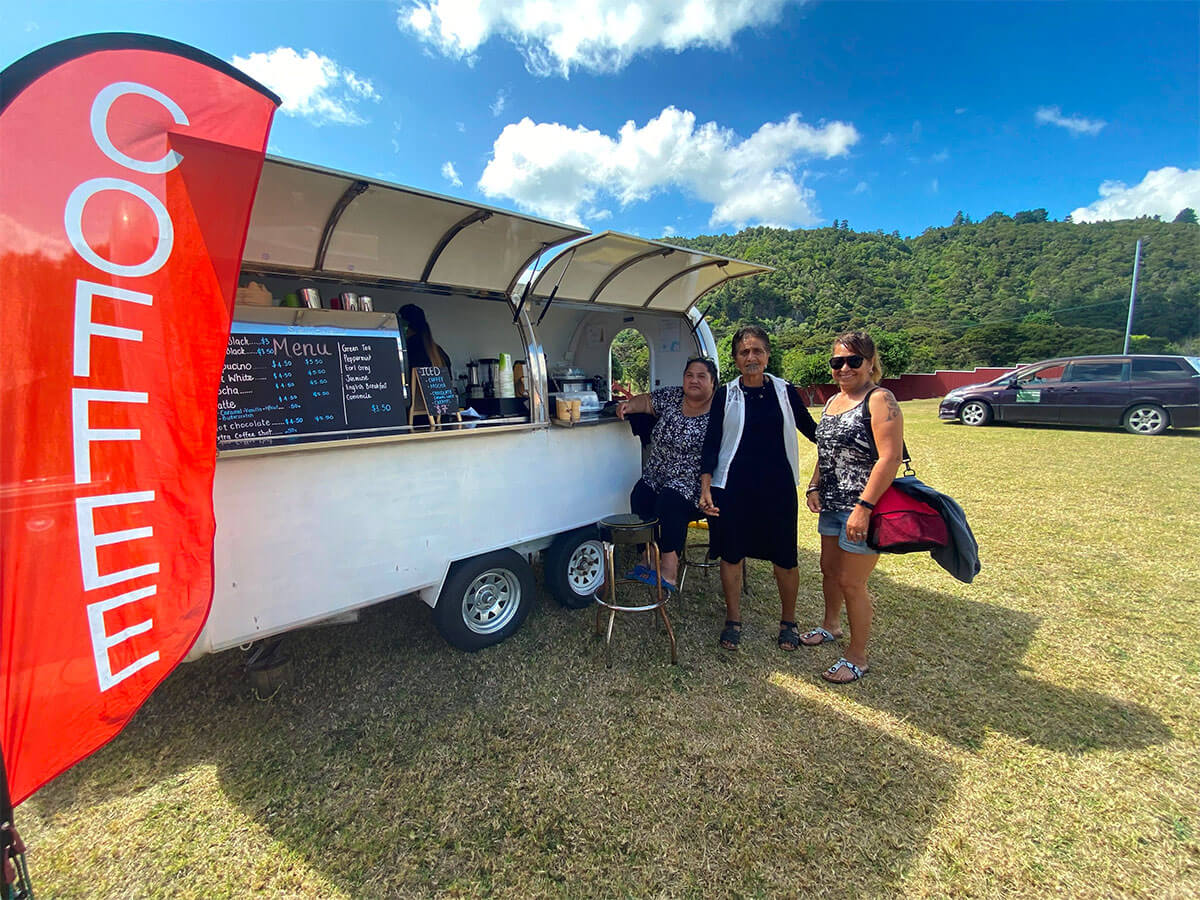
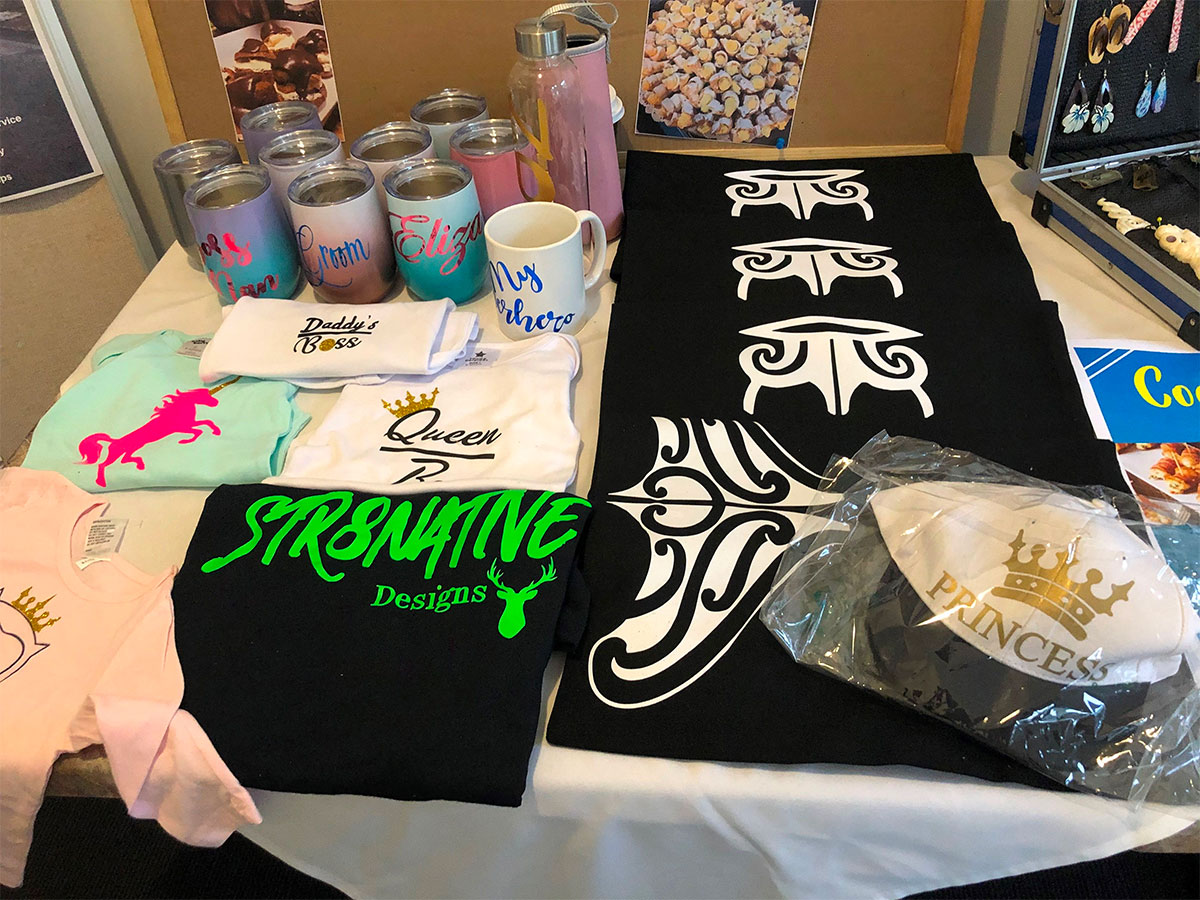
What has been learnt?
Funders learnt there was a lot of entrepreneurial spirit on the East Coast, and that creating sustainable livelihoods is a challenge. A small local market, the expense of accessing wider markets, the seasonal nature of tourism and the predominance of lowspending backpackers are a few of the hurdles.
Māori aspirations don’t always align to funder-prescribed outcomes and deliverables, yet funders wish to support and empower Māori to make their own decisions based on what’s best for their communities. By taking a bottom-up approach, rather than top-down, communities have a better opportunity to flourish.
Funders have learnt to be more responsive to the Māori community through relational rather than transactional interactions. Working alongside these communities can also teach us a lot about how to be good funders. This haerenga aims to build deep relationships through the concept of whakawhanaungatanga/establishing relationships, and then take the next steps from there.
Hopes and dreams for the future
Project Hoake is still young and only one of many potential projects. However, goodwill and high trust between the many groups and a joint desire to strengthen relationships between the funders and the East Coast hapū (kinship groups) is paramount. By working in unity and harmony, funders, whānau, hapū, iwi and marae will continue to identify opportunities and support future aspirations and initiatives to build a stronger and more resilient community. Our haerenga together is just beginning.
